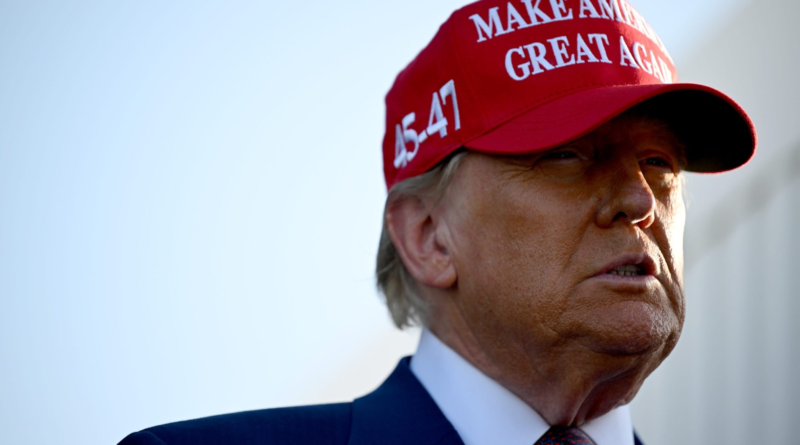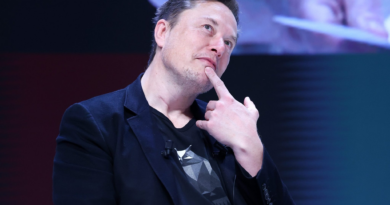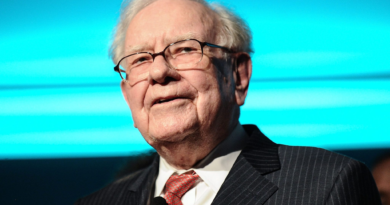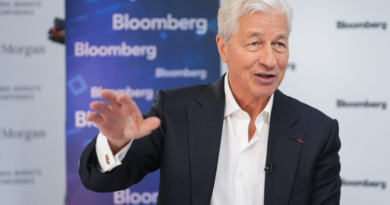Donald Trump’s second term could mean a wave of visa denials and a chilling effect on hiring immigrant talent
As Donald Trump gets ready to become president once more, employers around the country are asking themselves one question: What happens to their foreign-born workers?
Immigration was a major focus for Trump during his first presidential term, as well as his campaign this year. During his previous administration, he instituted a travel ban against certain countries, carried out a family separation policy, moved to dramatically cut back the number of available green cards, and temporarily suspended H-1B visas. During his campaign this year, Trump has said he wants to get the military involved in mass deportations.
Those promises coupled with his previous track record has sent employers scrambling to figure out how to hold onto the foreign-born workers they currently have, and recruit the talent they’ll need in the future.
“We’re getting lots of phone calls about, ‘What should I do? Can you get my petition in now? Let’s get everything in right away,’” Michael Neifach, managing principal and immigration attorney for Jackson Lewis, tells Fortune. “No one has an easy answer.”
Fortune spoke with four immigration attorneys to understand how the labor landscape could shift over the next few years. They say that some jobs are more at risk than others, visa denials will spike again, and hiring will get harder.
“He’s going to make it more difficult to bring in talent from outside,” immigration attorney Robert Tsigler tells Fortune. He adds that employing immigrant talent is already a “complex, difficult, and opaque process, but I think that’s going to get even worse.”
Get ready for a wave of visa denials
Companies know that the process for hiring and retaining white-collar, foreign-born talent is going to get more difficult. And a major part of that expectation is based on how H-1B visas, designed for “speciality occupations,” were handled under the previous Trump presidency.
Around 8% of H-1B visa petitions were denied in 2010, a figure that stayed mostly steady for years. During the first year of Trump’s presidency, however, denials jumped to 13%, spiking to 24% in 2018, and 21% in 2019, according to a 2022 report from the National Foundation for American Policy. The year that Biden took office, H-1B denials dipped back down to around 4%.
“During the first administration, there was a record-breaking number of visa denials,” Taylor Lewellyn, legal editor for Brightmine, a people data and HR analytics company, tells Fortune. “We can probably expect that pattern to continue, and there’s going to be obstacles to obtaining those work visas and green cards for foreign workers.”
In addition to anticipating an increase in visa denials, Grant Sovern, an immigration attorney at Quarles & Brady, tells Fortune that there will likely be increased restrictions around them. Trump’s previous administration temporarily suspended new H-1B visas altogether. The former president’s previous senior policy advisor Stephen Miller also proposed scrapping the lottery system for H-1Bs, and instead award them only to jobs with the highest paying salaries.
“H-1B worker visas have been the most commonly used visa for employers to employ foreign professional workers, so that’s why it was such a huge target under the first Trump administration. It’s likely we’re going to see that again,” says Lewellyn.
It’s important to note that when Trump begins his second term, both the House and the Senate will have Republican majorities, giving Trump more support to implement his policies. “With Congress being all in the same party as the president and the Supreme Court, it could be that Congress really does change the laws regarding immigration,” Sovern says.
Entry level jobs are most at risk
While nearly every industry relies on foreign talent, some sectors and job types will be impacted by anti-immigration policies more than others.
Health care, engineering and technology, for instance, rely heavily on highly-skilled foreign-born talent via H-1B visas. International workers make up nearly half of doctorate-level scientists and engineers in the U.S. And in 2019, foreign-born people accounted for almost a quarter of all of the U.S. employees working in science, technology, engineering, and math fields, according to a 2022 report from the American Immigration Council.
But Neifach is careful to add that although some sectors will be hit harder by visa crackdowns, none will come out the other side unscathed. “I don’t think there’s any industry that is going to be immune to this,” he says.
Lewellyn adds that because H-1B visas depend on proving that a foreign worker is needed instead of a domestic employee, it will be tougher for more junior staffers to make their case if those visas are restricted. Especially at companies at the start-up level without an established presence, which “could receive more requests for evidence and more general scrutiny,” she says.
A chilling effect
The very fact that Trump is taking office could have a chilling effect on the number of foreign-born people who want to live and work in the U.S.
“I would not be surprised if there are some who are just going to throw up their hands and say: ‘There’s no way I’m going to be able to do this now, let me find some other opportunity,” says Neifach.
Trump could also potentially make changes to the H-4 EAD program, which permits spouses of H-1B visa holders to work in the country. That would make it a lot less enticing for foreign-born workers to pursue work in the U.S.
“If that program is rescinded, a lot of the spouses of H-1B holders are going to lose their work authorization,” Lewellyn explains. “It’ll make U.S. employment less attractive to skilled foreign workers, and chill their efforts to seek work authorization in this country.”
All eyes on Elon Musk and the inner circle
Trump may be headed into his second presidential term, but his inner circle looks a lot different than it did eight years ago.
Billionaire Peter Thiel supported Trump during his first campaign for president, but he was an outlier. This time around, however, Trump won over other Silicon Valley tech businessmen like David Sacks and Marc Andreessen. It’s Elon Musk, however, who stands out for his particularly close contact with the incoming president, and Trump has even tapped him to lead the “Department of Government Efficiency.”
Musk’s influence could soften Trump’s plans around limiting employment visas because of the tech industry’s reliance on foreign workers, according to some attorneys.
“Some of his close advisors, including Elon Musk, come from businesses where there’s an understanding of the importance of having high-skilled workers that are able to come in and work for U.S. companies,” Neifach says.
But he hesitates to guess how exactly that will manifest when it comes to future immigration policies.“It’s hard to say exactly how this is going to play out.”




